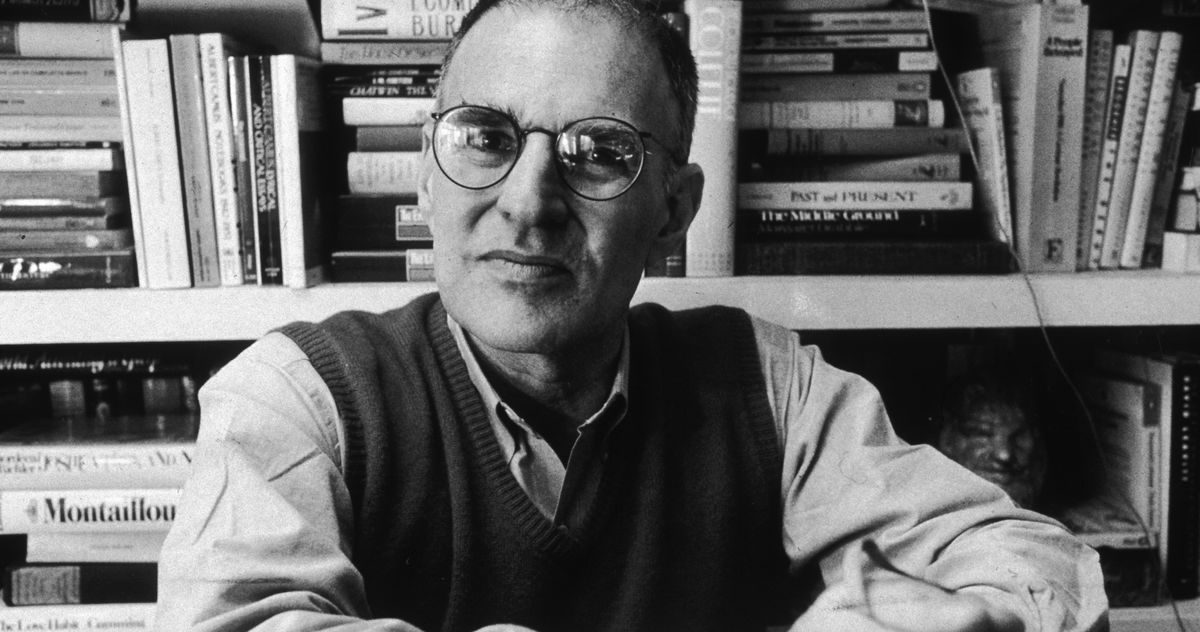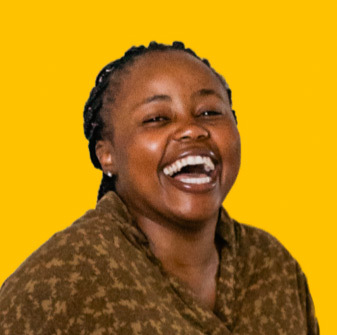By Mark Ridderhoff, LCSW-C
The LGBT Health Resource Center of Chase Brexton Health Care
On May 27 we lost one of the many great leaders of the LGBT+ community: Larry Kramer, the founder of Gay Men’s Health Crisis and Act Up.
A daring, poignant and self-directed activist of the initial HIV/AIDS era, Kramer sought to climb a mountain. He attempted to take the LGBT+ cause into the mainstream culture, when the movement was at a low point. He tried to make people look at a public health crisis that likely would not affect them, and then to look at this crisis with humanitarian eyes. It was a large mountain to climb, but his authorship and activism was successful in these pursuits, to the degree they were possible in the era.
Kramer was not afraid of controversy or having the wrong opinions. He was a megaphone of an activist who was able to rally the first cries when the liberation movement became a humanitarian crisis. He was loud, relentless, and able to capture the spotlight to promote HIV/AIDS issues, accountability, and aid.
Larry Kramer was not the first activist, though he is the name most known. At the time of the HIV/AIDS crisis, he was already an established screenwriter and author. It’s important to note there were other activists around at the time, many quite effective, that had no time to write a book, no time for the formalities of day-to-day life, as their lives were spent caring for the ill and dying. I feel these are the names we should also know, but many are lost to the passage of time. The loss of Kramer diminishes some of the light that otherwise would shine on community elders, should we be privileged enough to hear their narratives. Yet, of note, his shift in career path from author and playwright to activist was selfless and done with genuine concern. When presented the option, Kramer chose compassion, understanding and a need for social change over what would have been a more lucrative career.
For me, at Chase Brexton Health Care, it is important to always remember the past. Chase Brexton began in 1978 as a volunteer based gay men’s health clinic, which predated Kramer's work by several years. The agency, and our mission are born from LGBT+ elders, Larry Kramer in New York City, and the gay elders in Baltimore that created the clinic. It is important to remember the names, remember the stories, and honor the legacies.
The LGBT elders were the megaphones, and we are the echo. We live in the shadow of their service to community, and learn to cast our own shadows from their ideals.

News

